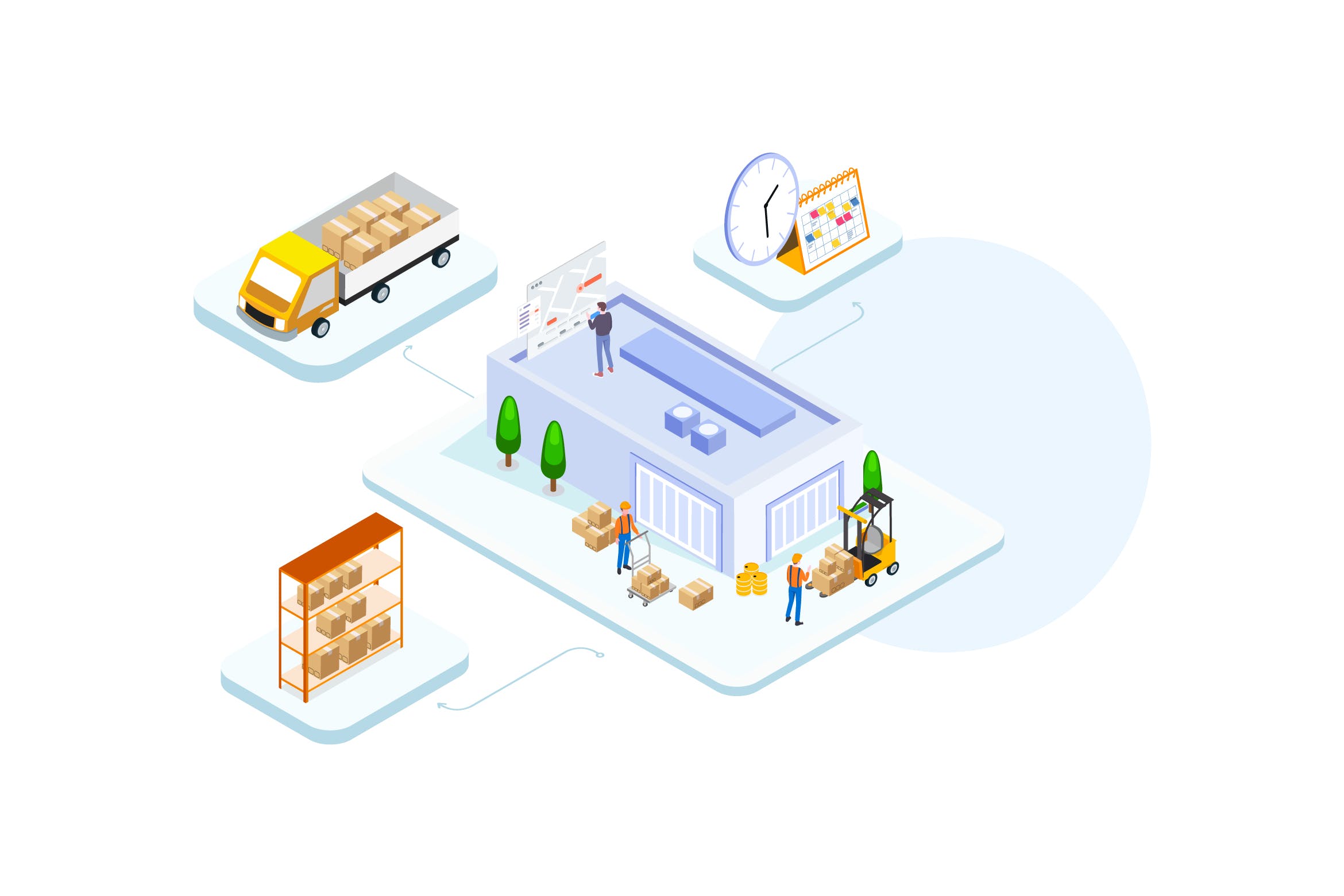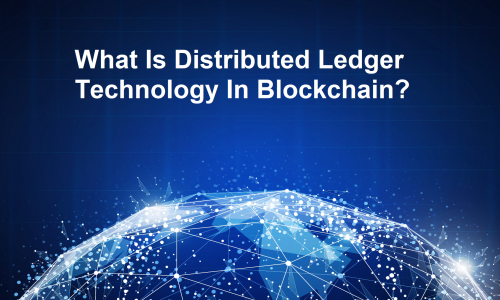
Revolution of Blockchain in the transport sector
- Uncategorized
- October 29, 2019
Revolution of blockchain in the transport sector
The first question that comes to anyone’s mind while reading about blockchain is, “what exactly is blockchain ?” Many also think that blockchain and Bitcoin are synonymous, that’s not true. Blockchain is a promising technology that came into existence with cryptocurrencies. It was initiated in 2009 with Bitcoin. However, this essential technology is not limited to cryptocurrencies and can be used in a number of different scenarios including the transport sector.
Blockchain basically refers to a database management system which is built on cooperation and sharing access over data among all the stakeholders. In the simplest terms, it is a transparent, reliable ledger that can be accessed by the public to safely convey the ownership of units of value by using encryption. The technology is not under the control of any corporation, bank or even government as it is based on decentralized consensus. The larger the network, the better security it delivers.
Furthermore, the most important thing to comprehend about blockchain is that whenever any data is entered to the blockchain, no one can change it on their own. Every piece of data is subject to approval by the complete network.
How is Blockchain Disrupting Transport?
Blockchain has not only shown its impact on the field of cryptocurrency, but it is affecting the transport sector equally. All the assignable information is stored and traded with full security between multiple users. Blockchain has numeral opportunities for the transport sector.
Some of the opportunities are listed below:
Supply chain visibility
Several industries have almost proved that they are continuously using blockchain to increase supply chain transparency and visibility.
For instance, blockchain not only helps in recording and storing the accurate location of goods, but it can also tell the exact state of the goods. This means that the stages from which a product passes can be visible to everyone involved in the process. Also, the consumer by scanning the code on the product can see all the stages through which a product passes. This transparency in the business helps in growing the trust of customers. It also builds brand reputation.
Blockchain will help the transport industry to improve the efficiency in the supply chain and reduce the everyday risk involved in the business. The technology will also aid companies in resolving disputes that generally take place with the transporters and producers.
Digitization of workflows and approval processes
Any logistic process that corroborates global trade is full of complexities. For instance, any shipping consignment can have more than 200 interactions before it reaches its endpoint. All the documentation is done on paper which is not the most reliable. This makes the present logistics system slow, bureaucratic and highly inefficient due to continuous human errors.
Once stakeholders are added to the blockchain, the logistic process will become digitized and it will use self-executing approval processes. With the help of this process, the stakeholders can provide electronic approval for the movement of goods from one place to another. This is a better way to reduce delay in transit. Chances of errors in this case are also minimal.
Furthermore, technology makes sure that every data which is shared between stakeholders is secure in itself. It also builds an automatic audit trail which is far better than the present paper-based documentation.
Smart contracts and automation
Blockchain technology comes with smart contracts which the self implementation of contractual provisions. These smart contracts are written in computer code language and agreed by everyone who is involved in it. The contract is triggered mechanically, once the pre-decided conditions are met.
Automation in commercial processes is possible because of smart contracts. This is also a benefit for logistics industries.
Dispute Resolution
Smart contracts are also used to ease down the disputes that occur due to late delivery of goods. When smart contracts are used along with some interconnected devices like trackers and sensors, one can easily determine the reason for which goods have been delivered late or damaged in transit.
All the people involved in the process of transit can see whether the delivery of goods is according to the agreed terms in the contract or not. They can see whether the goods are coming according to the predetermined temperature, time and quantity.
If there is any kind of problem in the delivery of goods, the smart contract will generate compensation and damages according to the pre-decided terms and conditions. This means human involvement is not needed.
Supply Chain Management
Supply change management can have a lot of benefits from blockchain. For instance, with the help of smart contracts, one can know the condition of the goods during the transit and if the goods are not maintained properly, they can be ordered again automatically. Hence, blockchain has made things easier. Now you don’t need to wait for the goods to reach their destination and then you find out their was an issue with the order. This can be simply done during the transit process, saving you time, energy and money as well.
The future of the Transport Sector
Blockchain is providing the transport sector an environment where customers can anticipate a flawless and competent end-to-end supply chain. It will also give a better perspective to the logistic companies so that they can compete on different factors rather than just looking for price, to attract more consignments. Blockchain technology can also offer a more streamlined and secure approach to the large freight and shipping companies.





